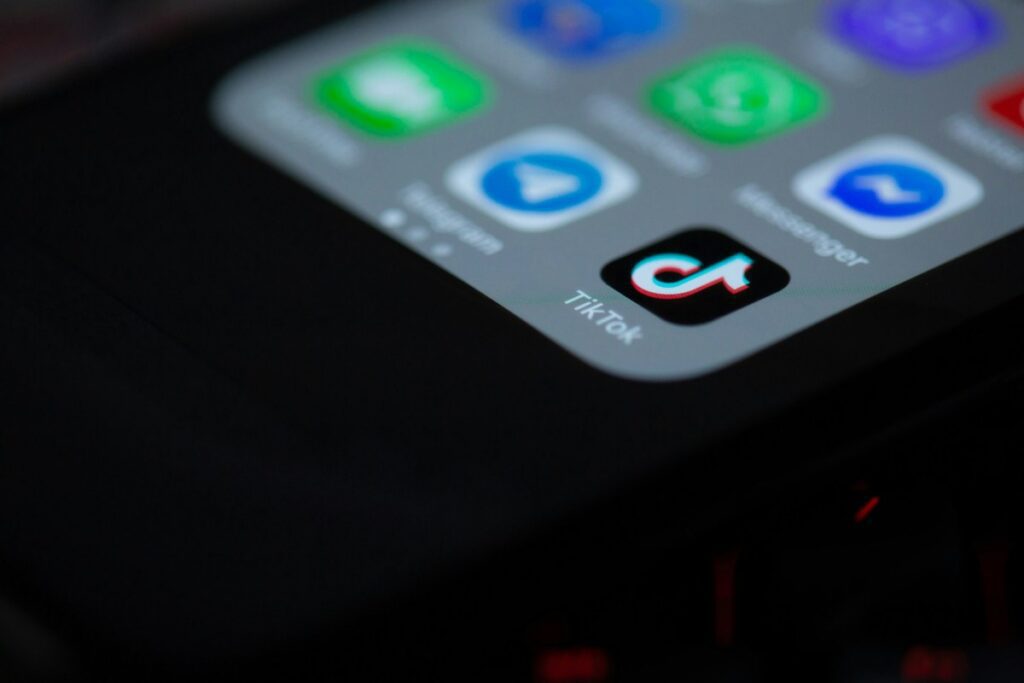TikTok will become the first video-sharing platform to notify users if content was created using artificial intelligence. Forbes reports.
As AI technology evolves at a rapid pace, generating content, once a grueling task, is now as simple as entering a few text prompts. Copyright be damned, paintings or photographs in the style of any artist and entire songs with lyrics and vocals that sound indistinguishable from those of popular musicians are now just a few keystrokes away.
This technological boom has left the creative economy uneasy about the possible loss of their livelihood, while fears loom over the potential of AI to replace their jobs. And even if you consider yourself a media expert, sometimes it's impossible to tell what was created by a human or an AI.
To help its users make this distinction and combat misinformation campaigns, TikTok has partnered with the Coalition for Content Provenance and Authenticity (C2PA) to automatically label AI-generated content on the platform. Tagging will only apply to images and videos at the time of writing, but TikTok announced in a blog post that audio tagging will come at a later date.
“AI offers incredible creative opportunities, but it can confuse or mislead viewers if they don't know the content was generated by AI. Tagging helps clarify that context, which is why we've tagged AIGC created with AI effects from TikTok and have “required creators to tag realistic AIGC for more than a year,” the company stated. “We also created a first-of-its-kind tool to make this easy to do, which over 37 million creators have used since last fall.”
C2PA is a nonprofit organization comprised of members from some of the world's most influential technology companies, including Adobe, Microsoft, Google, and OpenAI.
Labeling will be executed through the “Content credentials“, which adds metadata to AI-generated content before it is picked up by the host platform so that a tag can be added. TikTok has stated that these credentials will remain attached to the content even if it is downloaded, so if it is uploaded to other platforms , those companies can choose to retain the tags. If more platforms adopt “Content Credentials” technology, the process of tagging content will apparently be enhanced on the web considering the numerous sources of transparent metadata.
“At a time when any digital content can be modified, it is essential to provide ways for the public to discern what is true,” said Dana Rao, general counsel and chief trust officer at Adobe. “Today's announcement is a critical step toward achieving that outcome.”
TikTok also acknowledged that despite adding a label, some users may not easily understand what it means. The company said it is implementing “media literacy campaigns” to inform its users about misinformation and AI-generated content.
TikTok and Universal Music Group recently ended their licensing dispute, which silenced millions of songs on the platform. “A crucial component of the pact was TikTok's commitment to combating unauthorized AI-generated music that infringed on its artists' rights.”
[TikTok and UMG] “We will work together to ensure that the development of AI across the music industry protects the human art and economy that flows to those artists and songwriters,” UMG said at the time.
thanks to our partners at edm.com
